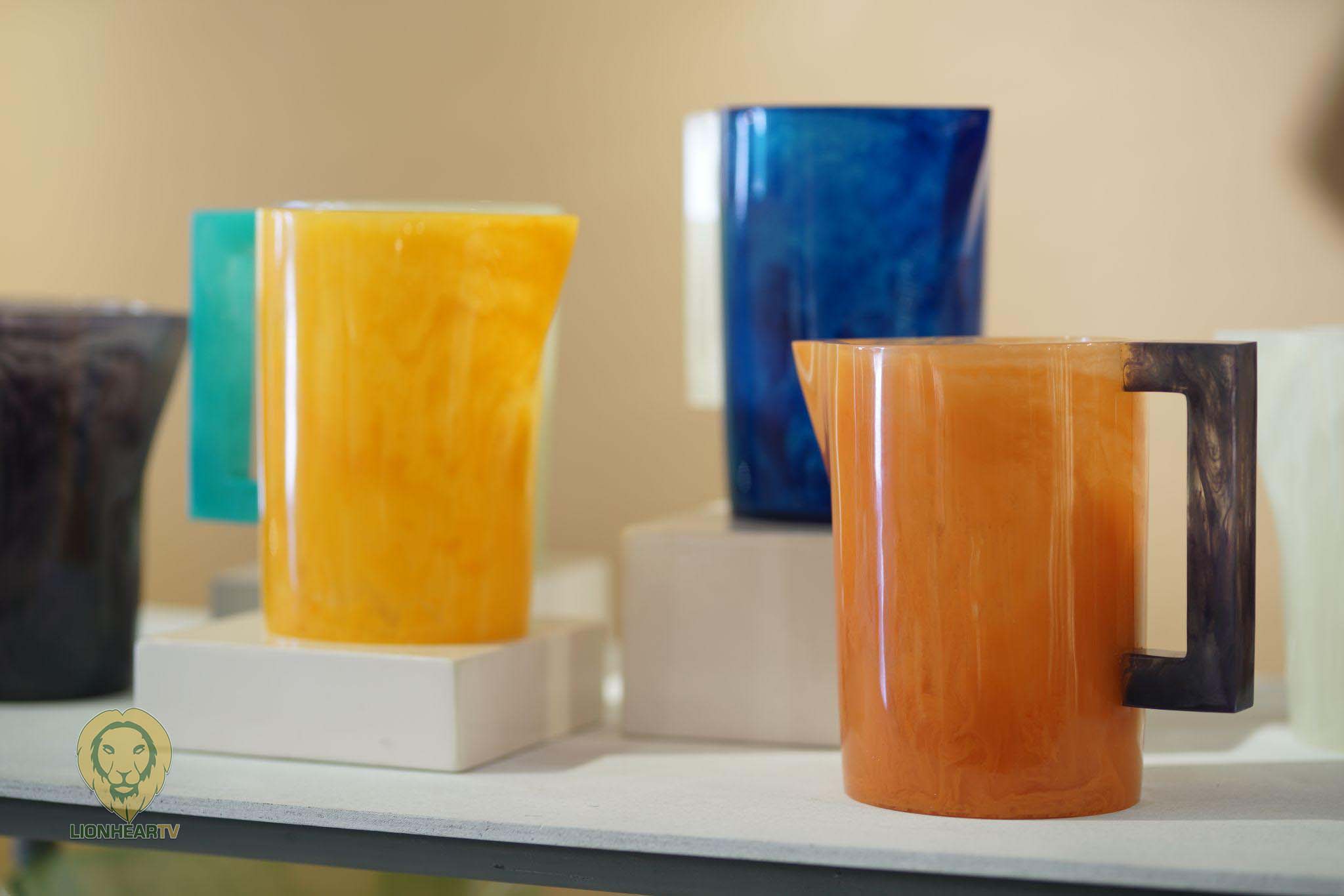After more than a decade of clamor from industry leaders and the export community, the Philippines has officially become a part of the ATA Carnet System with the Senate Committee on Foreign Affairs ratifying the Convention on Temporary Admission through Senate Resolution 832 on November 8.

Senate Resolution 832 or the Convention on Temporary Admission and its various Annexes constitute the international codification of the ATA Carnet system.
In a press release, the Senate Committee on Foreign Affairs said the resolution will help Filipino exporters showcase their products internationally since the treaty obligates contracting countries to provide temporary admission of goods with total conditional relief from import duties and taxes.
According to ATACarnet.com, the ATA Carnet merchandise passport will reduce the costs of exporting goods since it eliminates value-added taxes (VAT), duties, and the posting of security normally required at the time of importation in the country destination. It also simplifies customs procedures since it allows a temporary exporter to use a single document for all customs transactions, make arrangements for entry to many countries in advance, and do so at a predetermined cost.
Valid for one year, the ATA Carnet, known as the “passport for goods,” is a single document that allows passage through customs territories.It is mainly issued to cover: goods for use at trade fairs, shows, exhibitions, professional equipment, commercial samples and personal effects and goods for sports purposes.
Under the codified ATA Carnet system, the Bureau of Customs (BOC) would no longer need additional time and resources processing temporary admission of scientific, professional and other goods and equipment. The BOC would only need to rely on and monitor the ATA Carnets, which would also guarantee the full payment of applicable duties and taxes should the temporarily admitted goods fail to be brought out of the country.
In addition, the ATA Carnet merchandise passport will help facilitate re-entry of the product to any contracting country since it eliminates the need to register goods with the contracting country at the time of departure.
Aside from the Philippines, there are 87 countries and territories located in Europe, North America, South America, Asia, Africa and Oceania that recognize the ATA Carnet system. The list of countries includes some of the Philippines’ top export destinations, including Germany, the United States, United Arab Emirates (UAE), South Korea, Japan, and the United Kingdom (UK).
More than 10 years in the making

The Philippines’ accession to the Convention has long been advocated by the Export Development Council (EDC) and business organizations such as the Philippine Chamber of Commerce and Industry and the Philippine Exporters Confederation Inc. (Philexport).
In an interview, EDC Vice Chairman and PHILEXPORT President Sergio R. Ortiz-Luis Jr. said joining the ATA Carnet System will help facilitate foreign market access for exporters, particularly micro, small and medium enterprises (MSMEs) by enabling local products to move freely across borders and be temporarily admitted to customs territories with relief from duties and taxes, especially for trade show participation.
“With the ATA Carnet, there will be savings in terms of time and money in the temporary movement of goods consistent with our thrust to ease doing business in the country,” Ortiz-Luiz Jr. said.
As early as 2009, the International Chamber of Commerce has called for the implementation of ATA Carnet system in the Philippines, noting that it will help speed up the internationalization of trade and customs procedures in the Philippines and will aid in creating a more conducive business environment in the country.
In June 2020, President Rodrigo Duterte signed the Instrument of Accession for the Customs Convention on the ATA Carnet which would allow the temporary import/export of commercial samples, professional equipment, and articles for presentation at trade fairs, shows, and exhibitions.
ATA Carnet: a boost to PH exporters

Center for International Trade Expositions and Mission (CITEM) Executive Director Pauline Suaco-Juan said the ratification of the Convention on Temporary Admission will encourage more Philippine exporters to join overseas trade fairs, noting that bringing products and merchandise will now become cheaper and more efficient. CITEM, the export promotion arm of the Department of Trade and Industry, is one of the key government agencies that leads Philippine exporters in trade fairs abroad primarily in the HFL and food sectors.
“Philippine exporters will no longer have to leave their product samples behind each time they participate in overseas trade fairs due to the amount of taxes and the shipping cost that they have to pay,” Suaco-Juan shared.
“As we prepare to restart the economy, the Philippines’ inclusion in the ATA Carnet system will provide a much-needed boost for our exporters to showcase their products and expand their market reach across the globe,” Suaco Juan said. “The agreement will also pave the way for our stakeholders in the creative industry, like the live events sector, since they can now sell their tickets at competitive rates in their target market or region.”
Likewise, Pete Delantar, co-founder of sustainable manufacturing company Nature’s Legacy and the head of International and Marketing Promotions group of the Chamber of Furniture Industries of the Philippines, said that this is a welcome development since Filipino exporters can use the money that they will save for bringing in more products and joining more trade shows.
“The ATA Carnet system can help us become more competitive since this will enable us to sell more products in trade shows, particularly in events where buyers want to purchase the products on the spot,” said Delantar.

